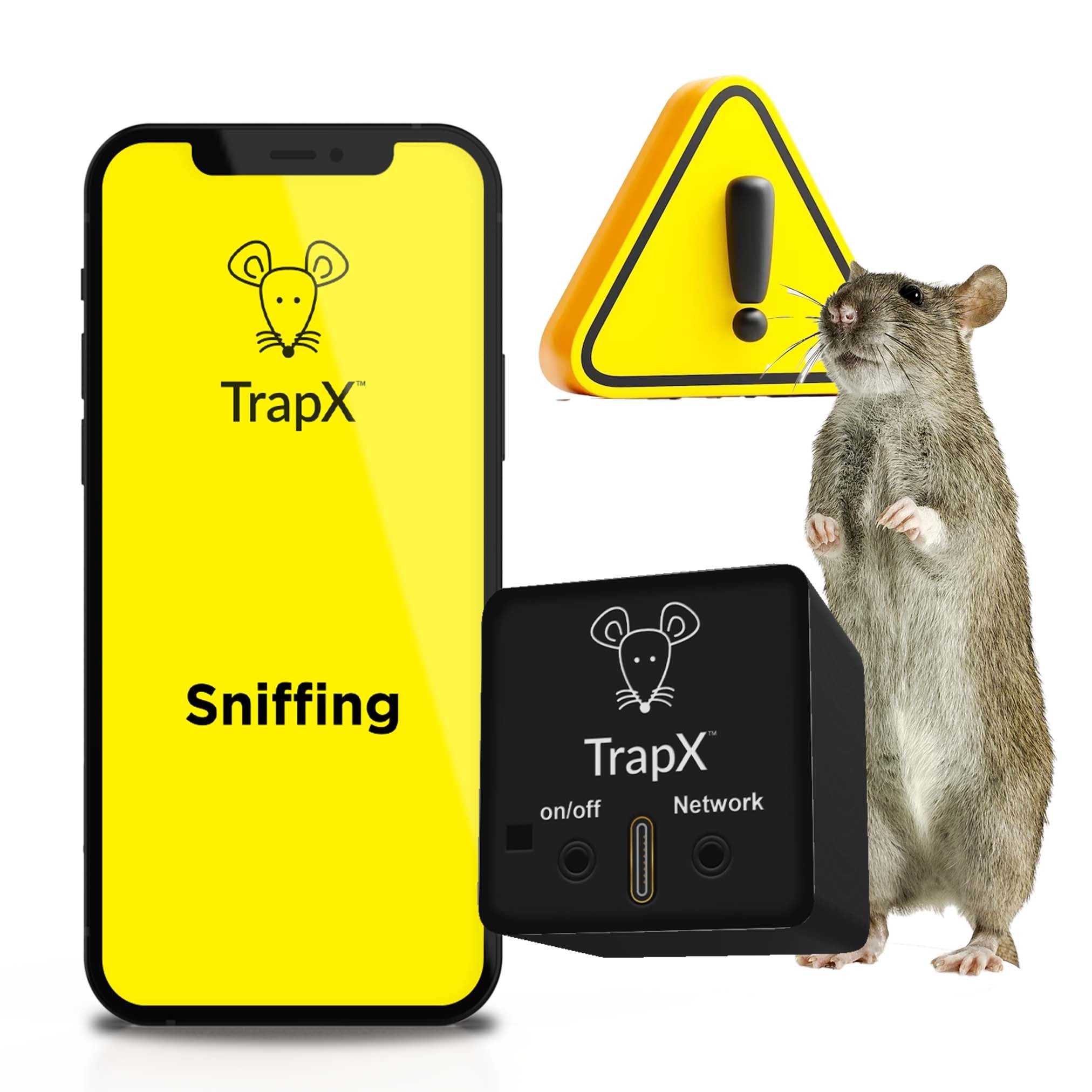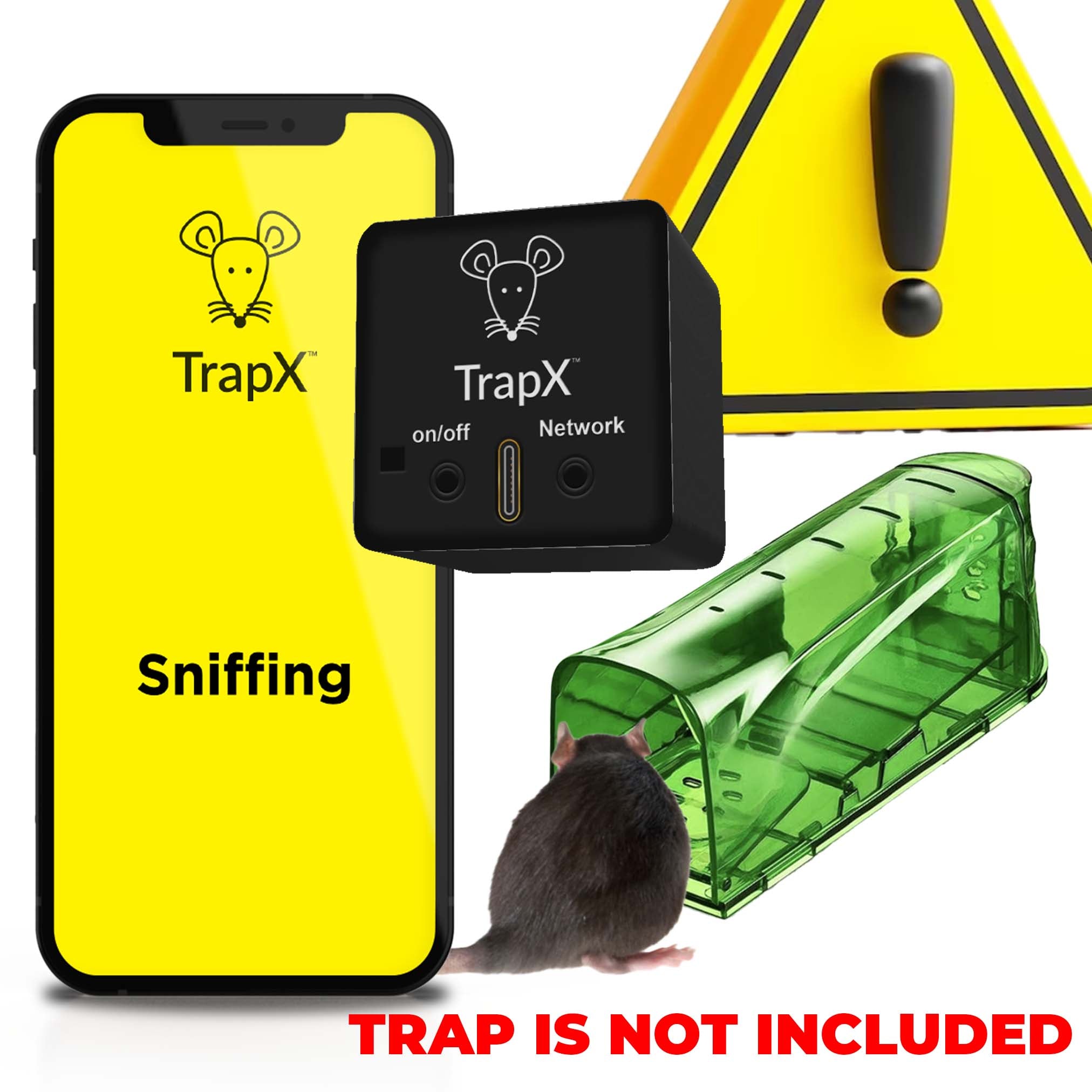Dealing with a mouse infestation can be challenging. If you're navigating this issue, you're probably searching for how to successfully trap a mouse. This article will provide you with a comprehensive guide on the methods and strategies to effectively capture mice in your home.
It's crucial to understand that trapping a mouse requires a combination of strategy, patience, and the right tools. This guide will walk you through the necessary steps and considerations to rid your home of these unwelcome guests.

Understanding Mouse Behavior
Why Mice Invade Homes
Before learning how to successfully trap a mouse, it's essential to know why mice come into homes. In search of food, water, and shelter, mice often invade human dwellings, particularly during colder months.
Mouse Habits and Patterns
Mice are nocturnal creatures, meaning they are most active during the night. They have a keen sense of smell and can easily find food. Understanding their behavior and patterns can increase your chances of trapping them.

Identifying Signs of a Mouse Infestation
Physical Evidence
Look for droppings, gnawed objects, and tracks. Mice leave dark, rice-shaped droppings and often chew on wires, wood, and other materials to keep their teeth sharp.
Auditory Evidence
You may hear scratching or squeaking noises, particularly at night. Mice are also known to make nests using shredded paper or other soft materials.

Choosing the Right Mouse Trap
Snap Traps
Snap traps are one of the oldest and most commonly used traps. They are effective and provide a quick, humane end to the mouse. For more information, check out our Wooden Mouse Traps.
Glue Traps
Glue traps are another option but are often considered less humane. They involve a sticky surface that traps the mouse until you can dispose of it.
Live Catch Traps
For those who prefer not to kill the mouse, live catch traps are a great alternative. These traps capture the mouse alive, allowing you to release it far from your home. Learn more about Humane Traps.
Electronic Traps
Electronic traps deliver a quick electric shock, killing the mouse instantly. These traps are both effective and humane. Discover how to use Wireless Mouse Trap Sensors.

Setting Up the Trap
Choosing the Bait
Peanut butter, cheese, and chocolate are excellent choices for bait. Mice are attracted to high-calorie foods, so these options work well.
Placement of Traps
Place traps along walls, behind appliances, and in areas where you've noticed mouse activity. Mice tend to travel along walls, so these locations are ideal. For additional advice, consider inspecting our guide on Ecolab Mouse Traps.
Safety Precautions
Always wear gloves when handling traps to minimize your scent and avoid contamination. Keep traps out of reach of pets and children.
Monitoring and Maintenance
Checking the Traps
Inspect traps daily. Quickly removing trapped mice will make your traps more effective and hygienic.
Rebaiting Traps
Replace the bait regularly to keep it fresh and appealing to mice. This increases the chances of capturing them.
Preventing Future Infestations
Sealing Entry Points
Inspect your home for cracks, gaps, and holes. Sealing these entry points can prevent mice from coming inside. For professional guidance, you can refer to Romney Pest Control.
Maintaining Cleanliness
Keep your home clean and free of food debris. Regularly empty trash cans and store food in airtight containers.
Using Natural Repellents
Natural repellents like peppermint oil can deter mice. Place cotton balls soaked in peppermint oil around entry points and other areas.
DIY vs. Professional Help
When to Try DIY Methods
If the infestation is minor, DIY methods can be effective. Follow the above steps and remain diligent.
When to Call a Professional
If you've tried DIY methods without success, or the infestation is severe, it's best to call a professional pest control service. They have the experience and tools to handle the situation effectively. Check out Green Matters for more insights.
Ethical Considerations
Humane Trapping
Consider more humane trapping methods like live catch traps. These allow you to release the mouse far from your home without harming it.
Environmental Impact
Be mindful of the impact on the environment. Avoid using harmful chemicals and consider eco-friendly products.
FAQs
Q: What is the best bait for mouse traps?
A: The best bait includes peanut butter, cheese, and chocolate. These attract mice due to their high caloric content.
Q: How often should I check the traps?
A: Check the traps daily. This ensures that they continue to be effective and more hygienic.
Q: Where should I place the traps?
A: Place traps along walls, behind appliances, and in areas where you've noticed mouse activity. These are high-traffic areas for mice.
Q: What should I do if DIY methods don't work?
A: If DIY methods fail, consider calling a professional pest control service. They can handle more severe infestations.
Q: Are glue traps humane?
A: Glue traps are considered less humane as they cause the mouse to suffer before you can dispose of it. Consider using humane traps like live catch traps.
Q: How do I prevent future infestations?
A: Seal entry points, maintain cleanliness, and use natural repellents to deter mice from entering your home again.
Conclusion
Knowing how to successfully trap a mouse involves understanding mouse behavior, identifying signs of infestation, choosing the right traps, and taking preventive measures. Follow this guide to address your mouse problem effectively and maintain a mouse-free home.
For additional resources and to read more about professional pest control services, visit National Pest Management Association.
As an Amazon Associate, I earn from qualifying purchases.
